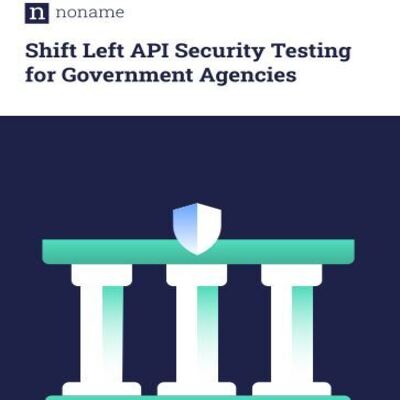
whitePaper | September 7, 2022
Application programming interfaces, or APIs, enable government agencies to seamlessly share data across federal, state, and local levels. They are quite frankly the glue that allows agencies to deliver services to mission partners, civilians, and even disabled veterans. Similar to how retailers create personalized experiences by integrating location, inventory, and payment data, government agencies also create contextual experiences for constituents and personnel by leveraging APIs. The impact of APIs can be seen across all major sectors of government, including traffic and transportation management, utilities, healthcare, social services, agriculture, as well as law enforcement. With the seamless connection between datasets and agencies, government personnel are able to innovate faster and drive speed to mission. How exactly? APIs reduce the workload and redundant operations performed by developers by allowing them to access data stored elsewhere. This enables them to quickly execute on tasks and take on more important projects of greater impact.
Read More